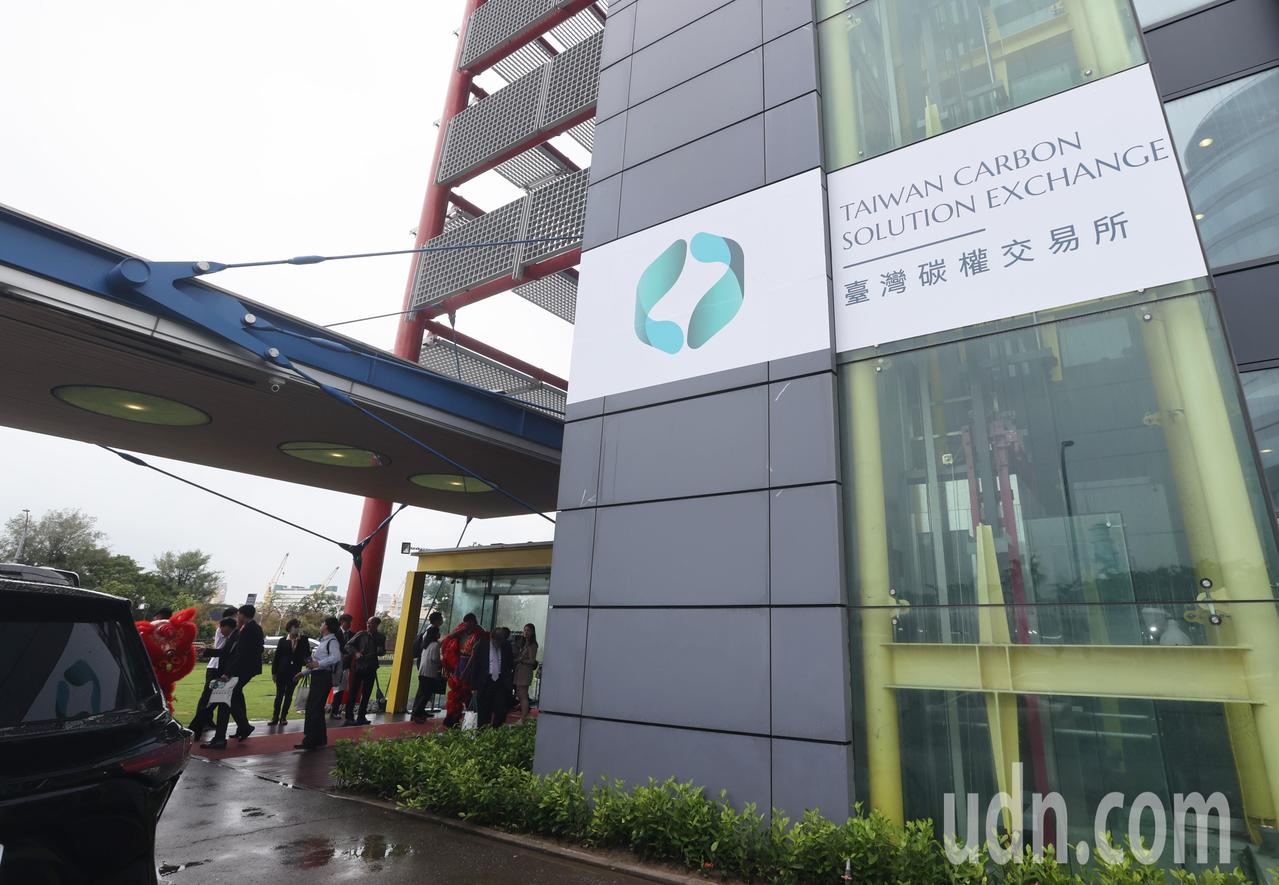TCX Opens New Chapter in Taiwan's Carbon Market
2024/10/22 | By Andrew Hsu
The public trading of domestic carbon credits officially launched in October, marking a significant step in Taiwan’s efforts toward carbon reduction. The Ministry of Environment has commissioned the Taiwan Carbon Solution Exchange (TCX) to oversee domestic carbon credit trading and auctions, in accordance with the Climate Change Response Act and the Regulations for Transfer, Trading, and Auction of Greenhouse Gas (GHG) Emission Reduction. Currently, six transactions have been completed on the trading platform.
Since 2015, the Ministry of Environment has promoted the GHG Offset Project, with 95 cases passing registration and 37 cases receiving emission reduction quotas. To date, these efforts have resulted in a total reduction of 25.59 million metric tons of Carbon Dioxide Equivalent (CO2e).
In line with the Climate Change Response Act, last year, the Ministry introduced the “Administrative Measures for GHG Voluntary Reduction Projects” to build on past offset projects. This initiative simplifies administrative procedures while maintaining the quality of reduction results. So far, 39 voluntary reduction projects have applied for registration, with seven passing. Energy efficiency improvement projects make up 70% of these applications, largely due to their high operability, straightforward reduction calculations, and exemption from third-party verification.
On July 1, the Ministry of Environment released trading rules and commissioned TCX in September to develop the "Domestic Reduction Credits Trading Platform." This platform facilitates the trading and auction of reduction credits, completing Taiwan's carbon pricing mechanism. The rules stipulate that reduction credits can only be transferred once, and all transaction details must be fully transparent to ensure that credits are allocated to utilities that genuinely require them. This transparency also helps prevent concerns about "greenwashing."
Notably, the projects currently available for trading include energy savings in manufacturing processes and commercial buildings, biogas recovery and power generation in animal husbandry, fuel substitution for energy supply, and the transition from fuel oil to electric transportation equipment. These projects span key sectors—manufacturing, residential, commercial, agriculture, transportation, and energy—demonstrating how various industries can participate in carbon reduction efforts. The trading and auction mechanism serves as a leading example of Taiwan’s drive toward net-zero emissions by 2050, encouraging further voluntary reductions across all sectors.




